For Immediate Release
Contact: Daniel Wackershauser, Marketing and PR Specialist
Phone: 608.822.2303
Mail: 1800 Bronson Blvd., Fennimore, WI 53809
Date of Release: May 22, 2025
Secretary Romanski tours agriculture areas
Highlighted grant that supports butchery program
Fennimore -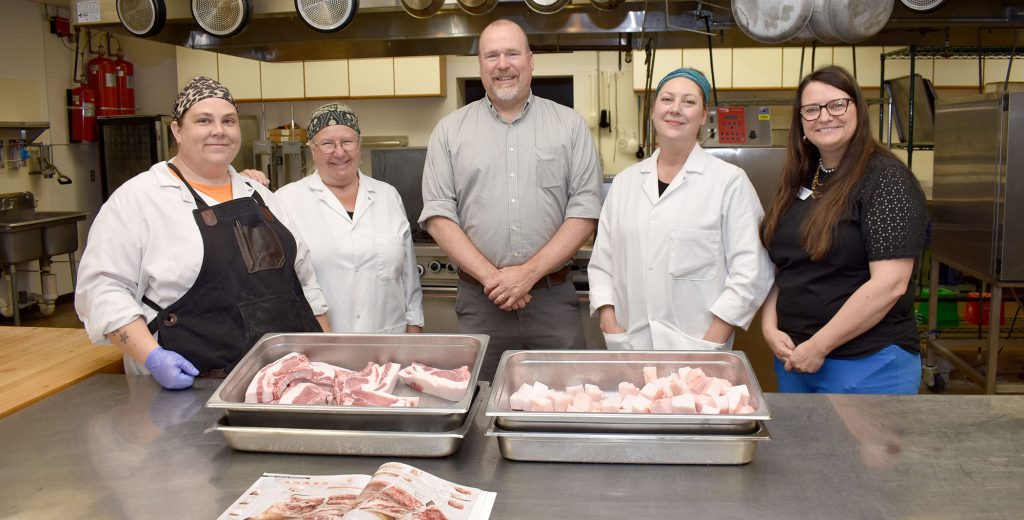
Agriculture, specifically the newer Artisanal Modern Meat Butchery program at Southwest Wisconsin Technical College, was on display recently for a special visitor. Randy Romanski, Secretary of the Wisconsin Department of Agriculture, Trade and Consumer Protection (DATCP), was on campus May 15. He toured the Artisanal Modern Meat Butchery lab as well as Agronomy and Animal Science classrooms.
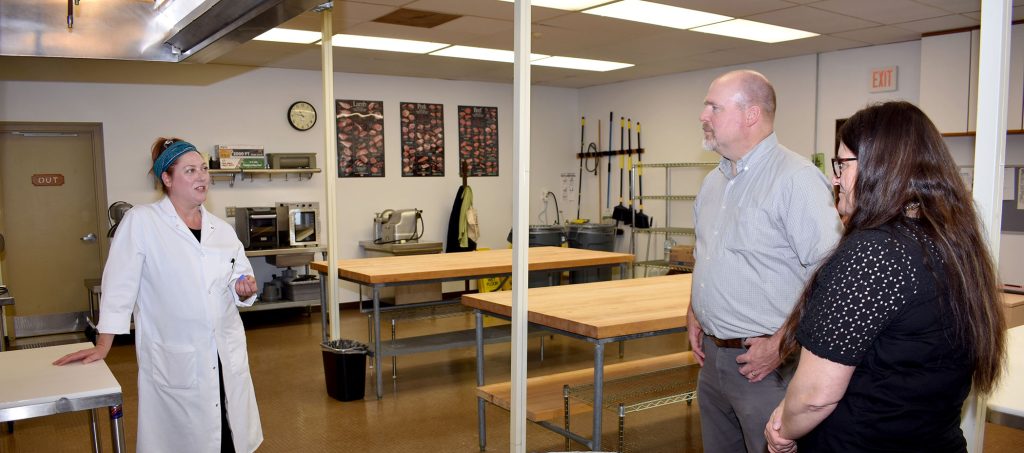
“I really appreciated the enthusiasm from the educators and the students in the Meat Butchery program,” said Romanski. “The program is working as we hoped it would. We started off with a little bit of federal funding, and this was a really good way to see how it all comes together. With the federal funding about to end, it is important for the state to continue this impactful job training program in the state biennial budget.”
The Artisanal Modern Meat Butchery program was developed with funding from DATCP’s Meat Talent Development Program, which was created in 2022 after Gov. Evers provided $5 million in American Rescue Plan Act (ARPA) funding for meat talent development programming in Wisconsin. The funding is used to attract students to meat careers, provide financial support to students in Wisconsin meat processing training programs, support program development, and connect the meat processing industry with potential employees.
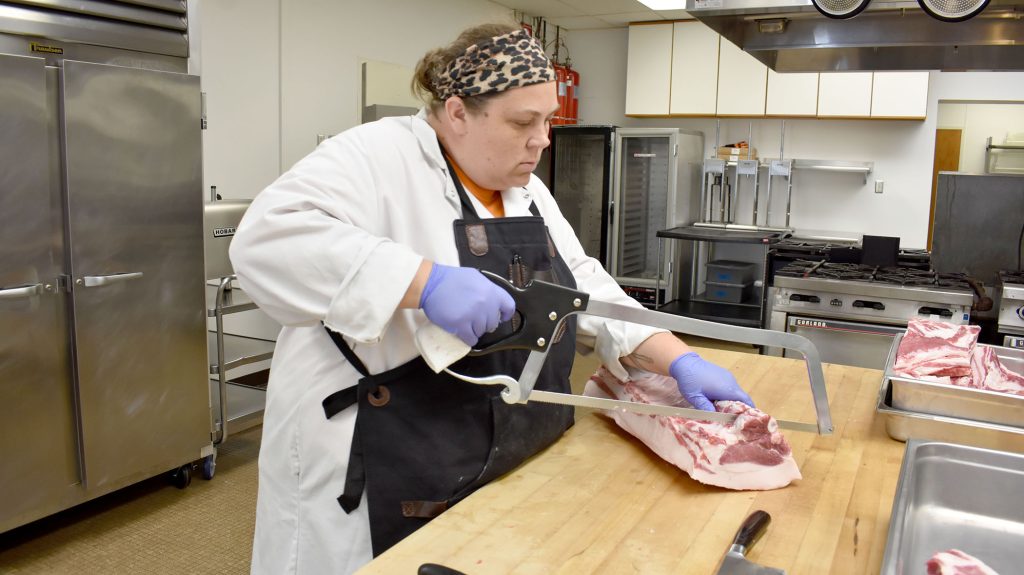
Romanski witnessed students and faculty members prepare meat in the butchery lab. The meat was then cooked and served for lunch, where Romanski was joined by college staff, faculty, and administration.
The college’s recent Aspen Prize for Community College Excellence award drew Romanski’s attention. He wanted to tour the campus that won the award, while also seeing the impact of the grant. “It’s just great to see the hands-on work that’s being done here to train people for a great Wisconsin career,” he said.
According to Romanski, there are roughly 500 meat processing facilities in Wisconsin. “Wisconsin is an agriculture powerhouse, and the livestock and meat industry in Wisconsin is huge,” he said. “The future outlook is strong.”
A key part of the grant is tuition reimbursement. “We hear this many times from the students that they may not have gone into the program without assistance,” said Romanski.
The tuition reimbursement was a key factor for Marie Brown enrolling, and ultimately, completing the program. “I honestly don’t think I could have made the program work if I wasn’t given the grant,” she said.
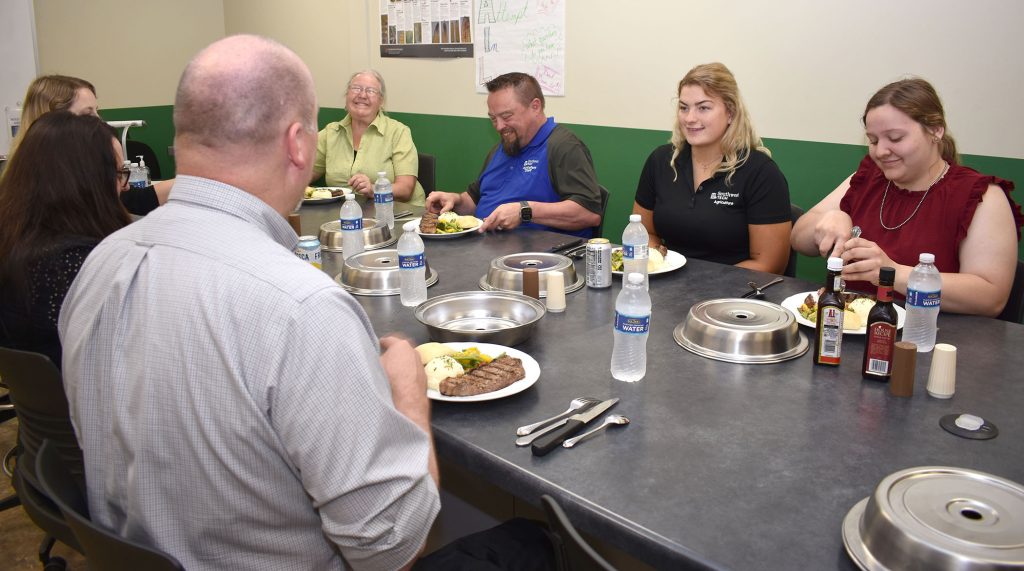
“What we’ve found is that if we are going to continue to have a strong and thriving meat processing industry, we need to make sure there are people who are trained and prepared to work in that industry,” Romanski added. “Or, maybe they are interested in developing their own new business. We have seen that a lot with some of the meat talent programs.”
The butchery program involves a variety of components, according to Heather Oppor, meat processing coordinator at Southwest Tech. There is animal carcass identification, and the program uses whole animals. “We are trying to bring back more of the artisanal side of butchering,” she said. “We take the whole animal and break it down into pieces. And, then, how do you take that into a retail setting?”
Another component of the program is learning how to perform additional processing. “Turning pork shoulder into sausage or turning beef round into snack sticks, for example,” said Oppor.
In addition to the hands-on work done in the lab, students also utilize an online educational component. That includes teaching the students how the meat industry has evolved, as well as meat marketing and merchandising.
Students must complete a 144-hour internship with a meat industry business or a capstone project. The project must be approved by Oppor, and it highlights the skills the student has learned during the program.

According to Oppor, the students vary in age. She has had high school students take advantage of the program, as well as someone who was 65 years old. In addition, there are generally three types of people in the program:
• People who know they want to be in the industry.
• Homesteaders or farmers. They raise their own animals and want more control over the process and financially it makes sense to process their own meat.
• Curious students who see it as a hobby, or something they would do occasionally. Deer hunters, generally, would be in this category.
“We are trying to reach as many types of people as possible, who are interested in this skill,” said Oppor.
Brown completed the program on May 16. Her and her husband, along with their four children, have a small farm in Platteville. They raise critically endangered goats, along with geese, ducks, chickens and pigs.
“I was looking for someone to show me how to process my pig,” said Brown. “I was willing to drive a couple hours.”
Brown toured campus and asked questions about the program, and she “kind of fell in love with it.”
“Accidents happen on farms, and I don’t want things to go to waste,” said Brown. “You can’t find a last-minute processor.”
The second cohort of students finished May 16. The next session begins this fall.
Learn more: www.swtc.edu/butchery.
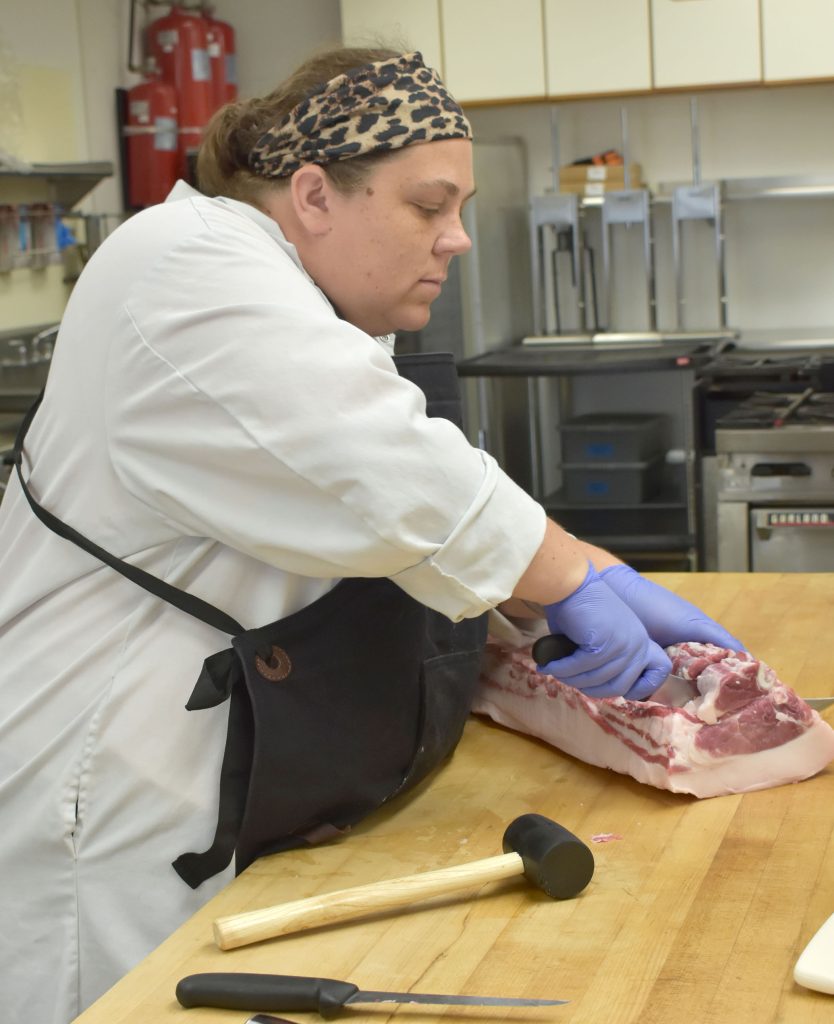
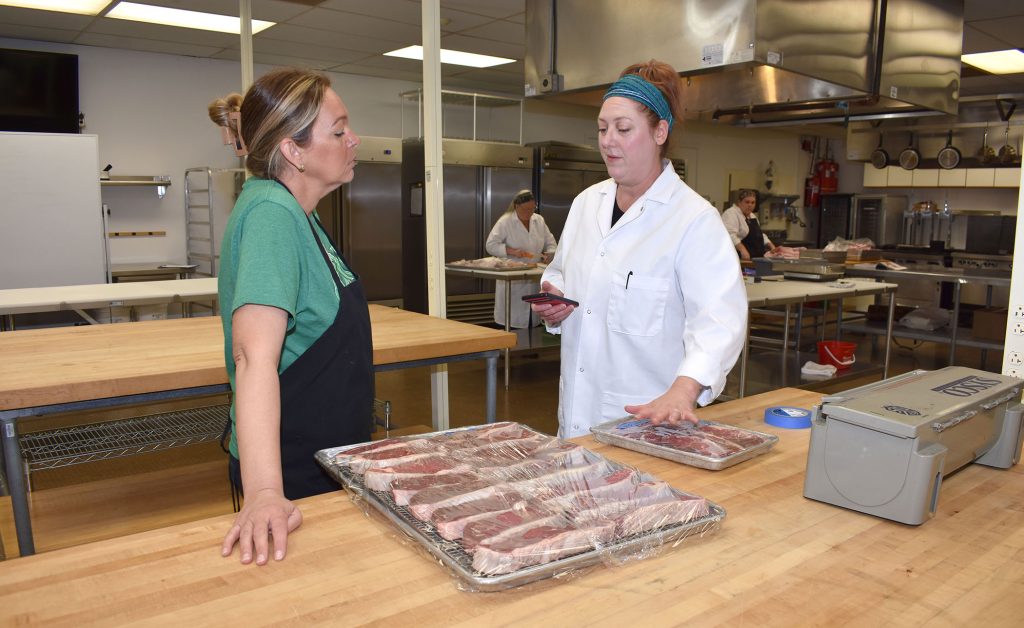

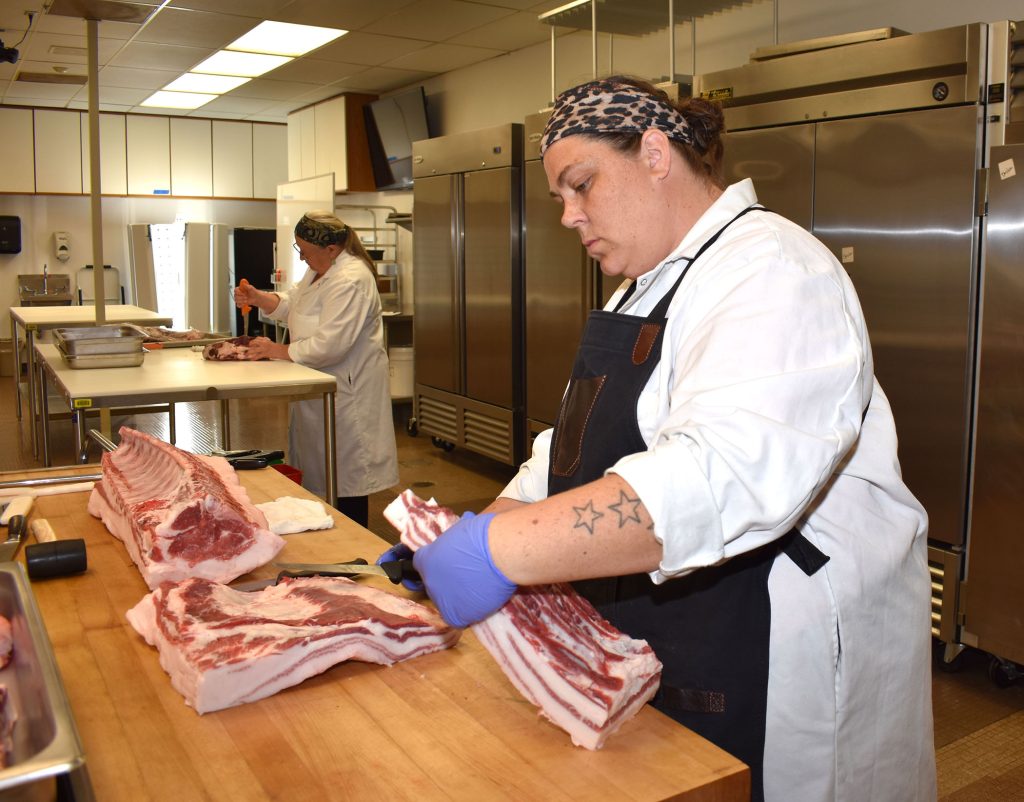

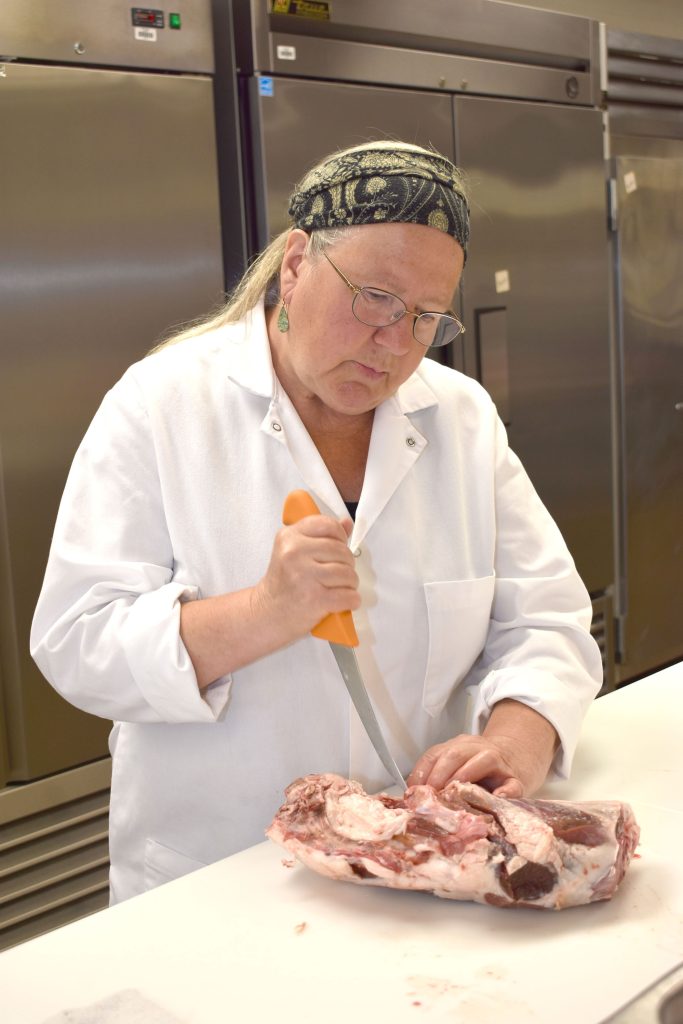

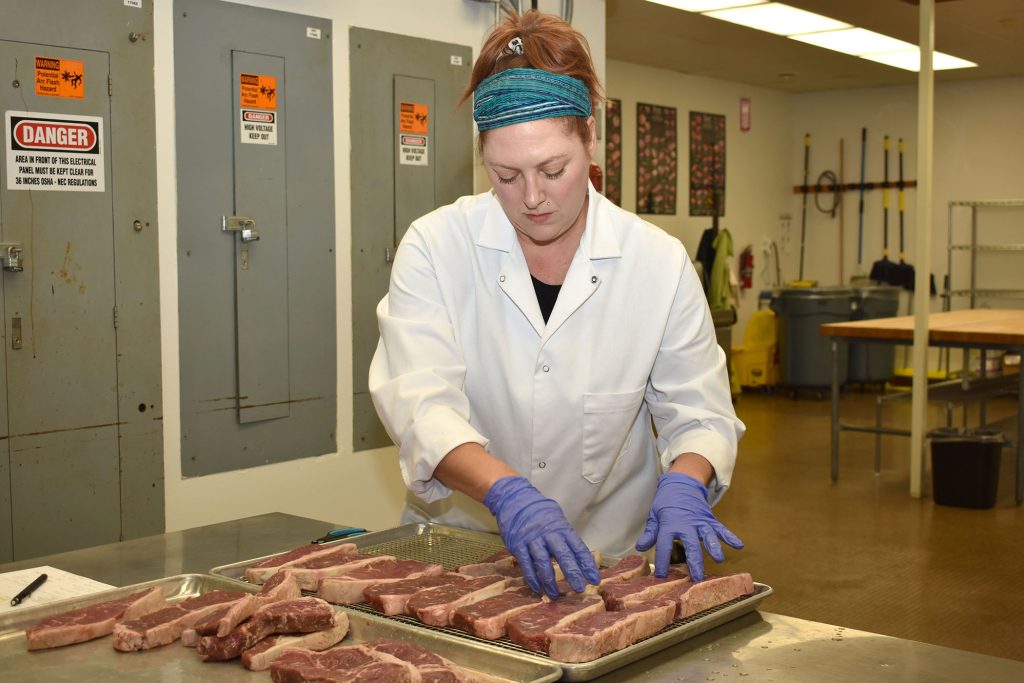



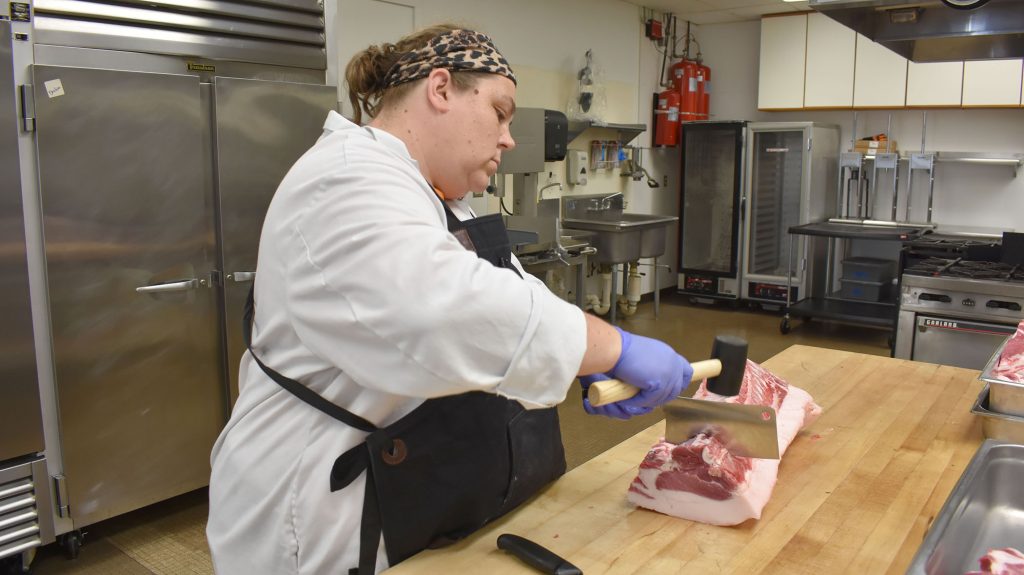
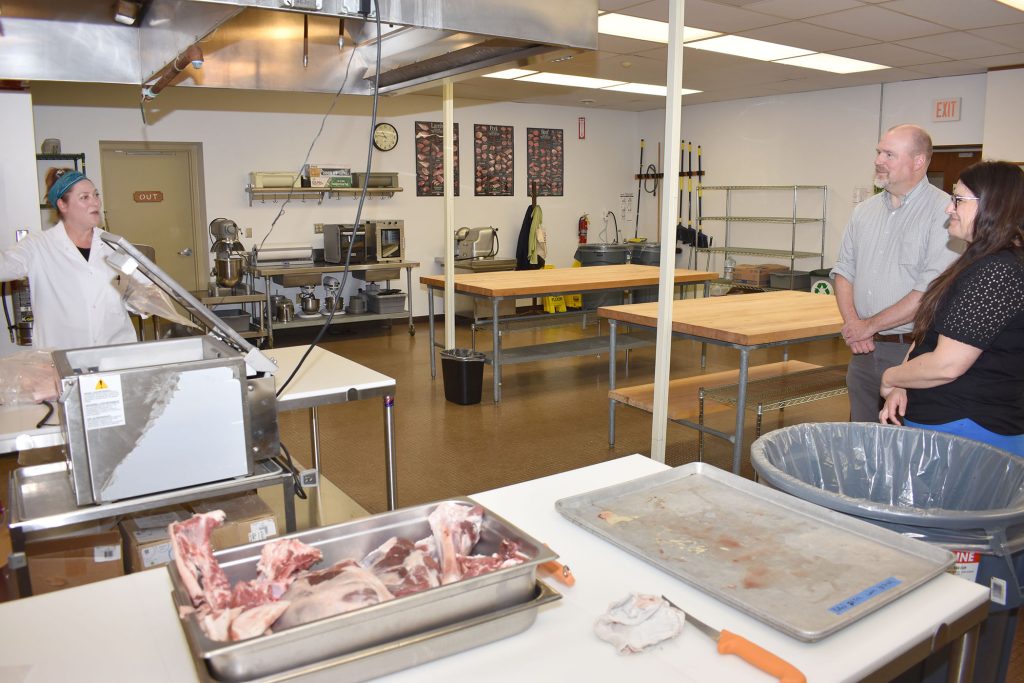


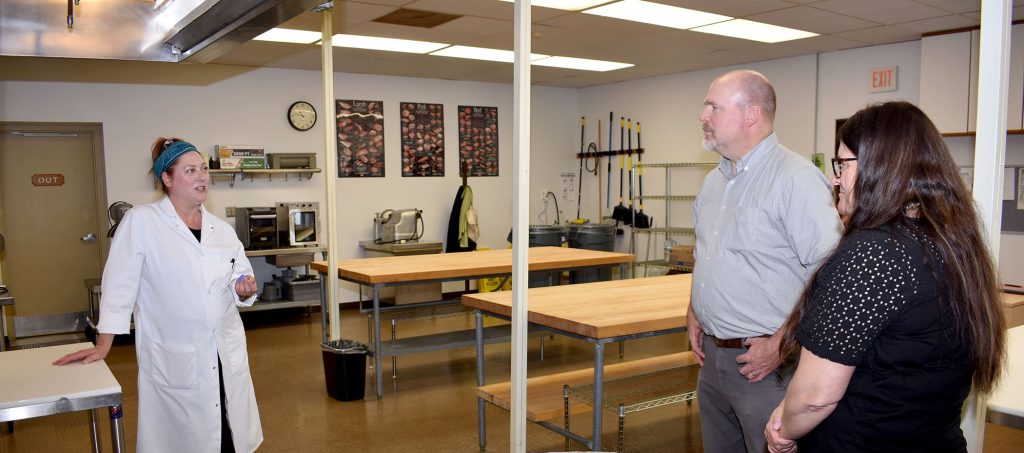
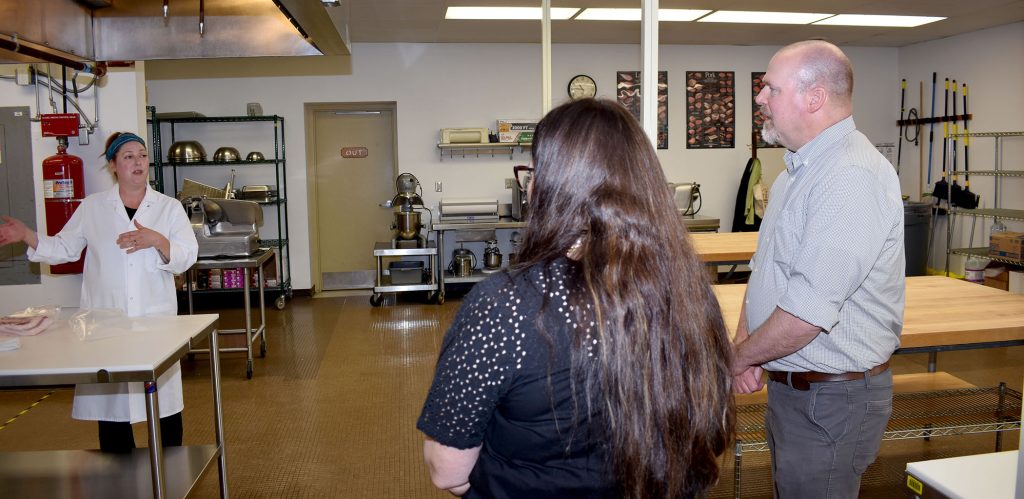
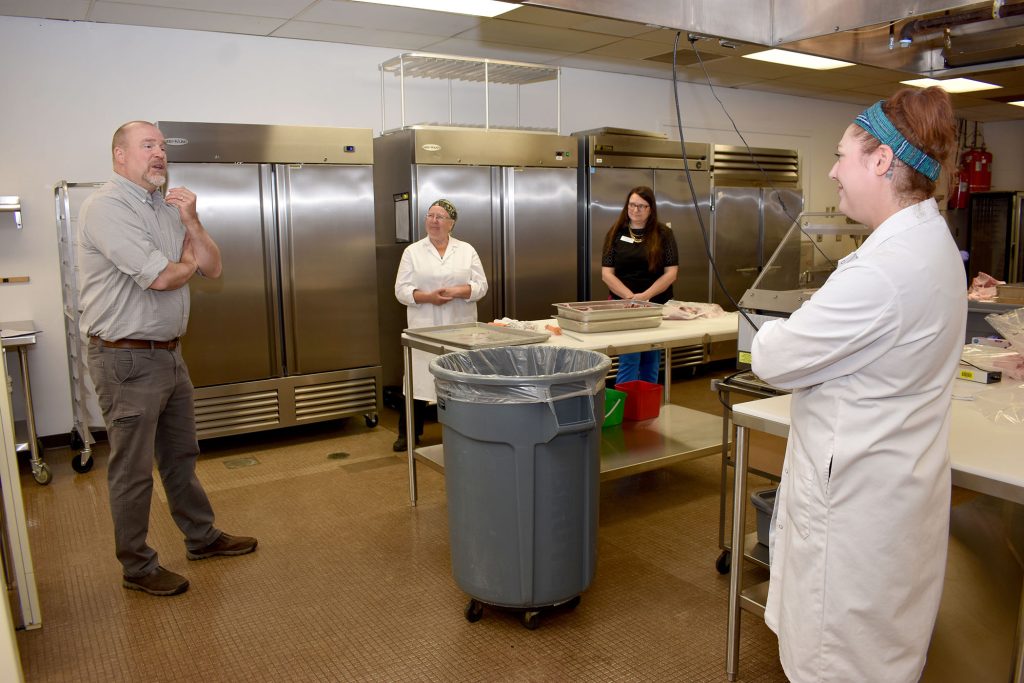
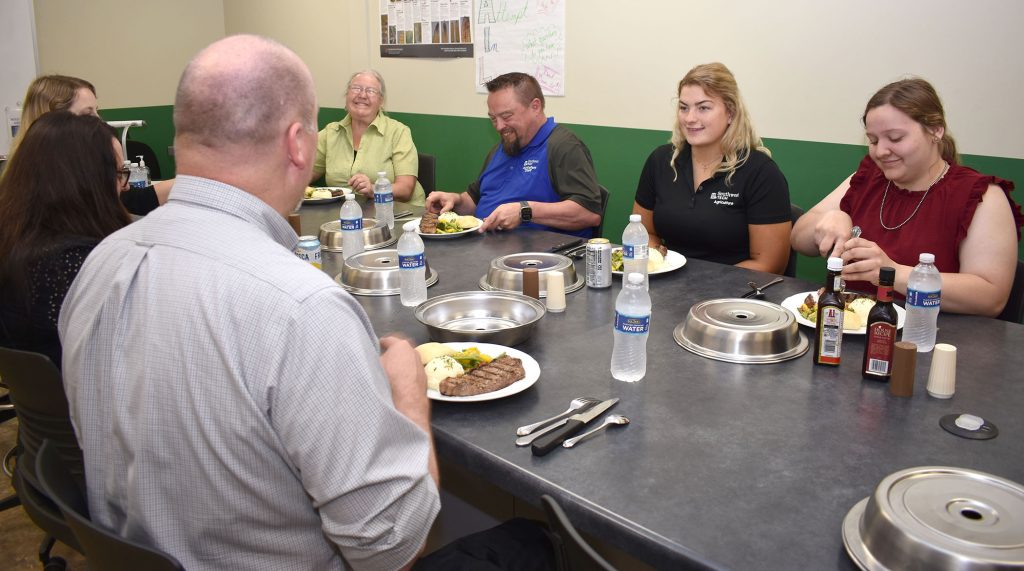
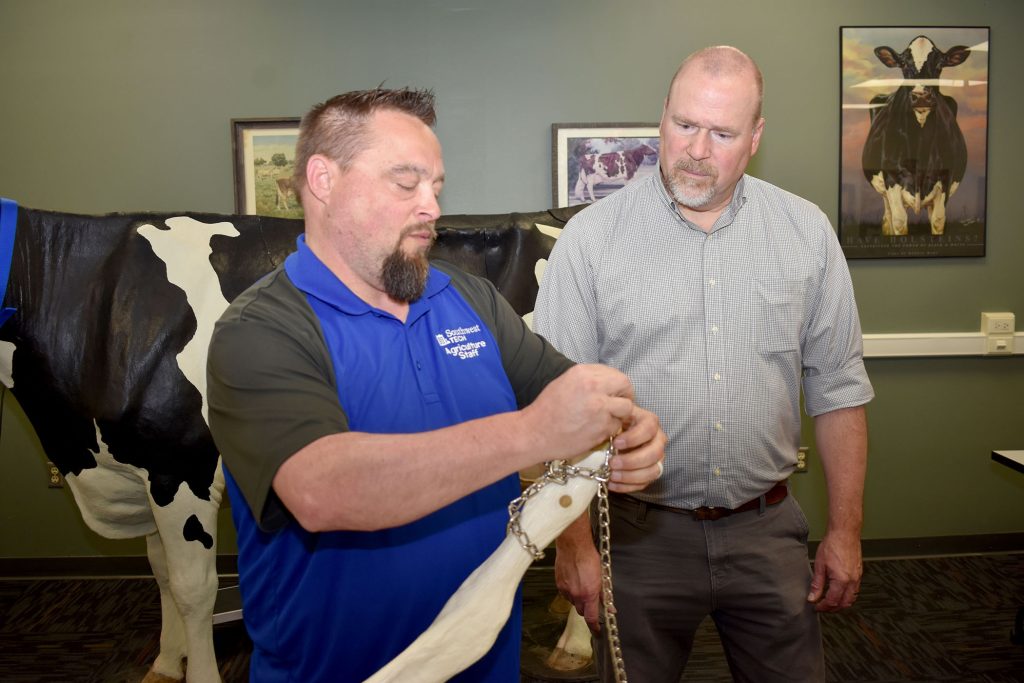
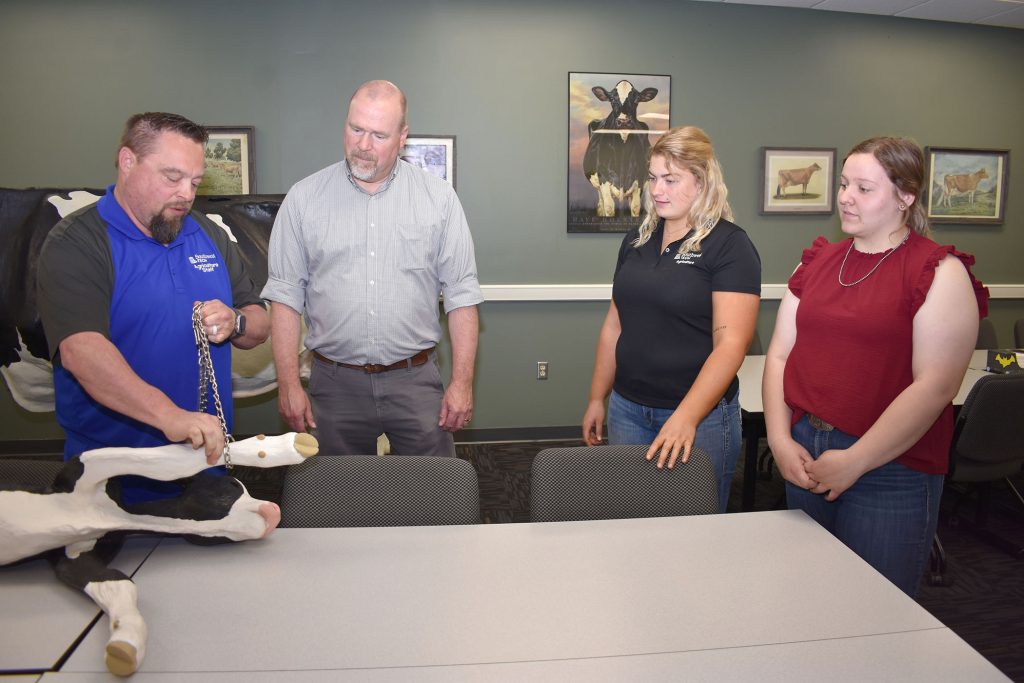
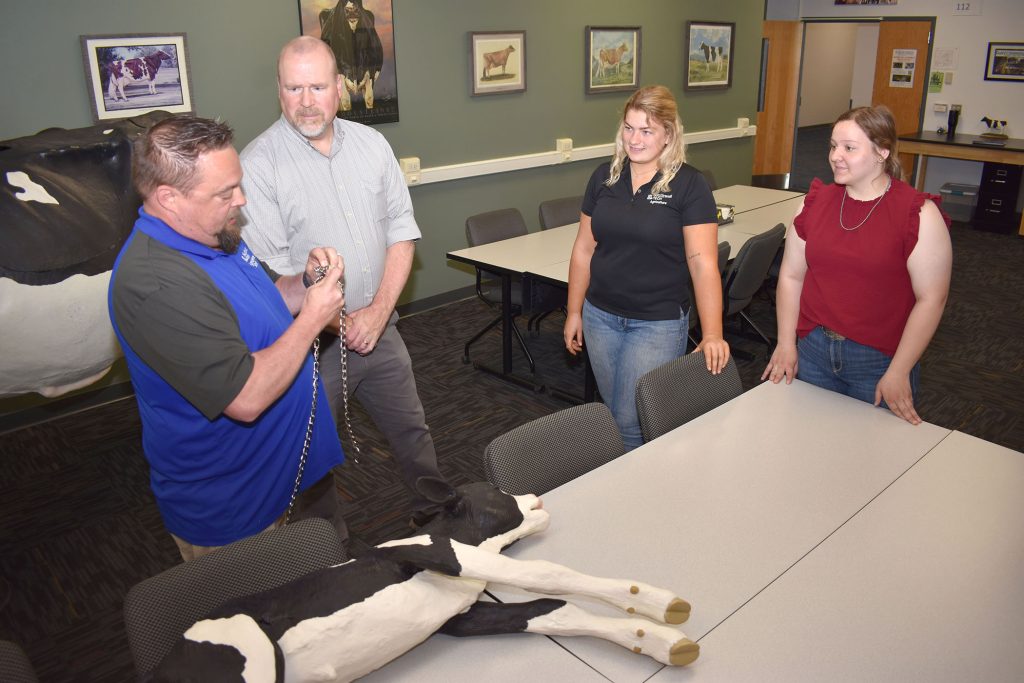
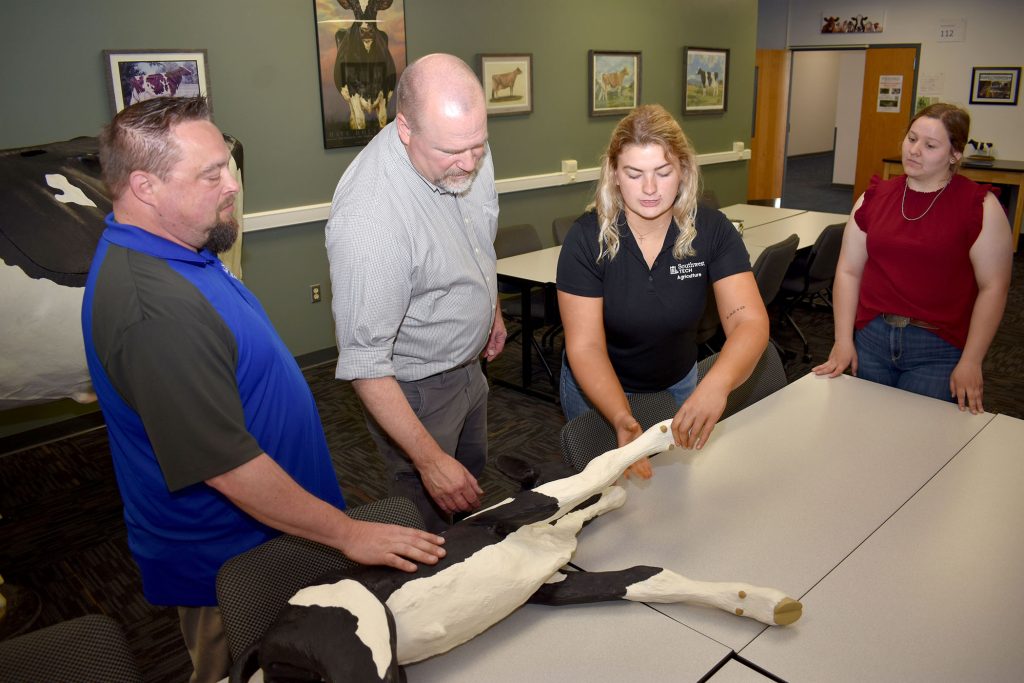
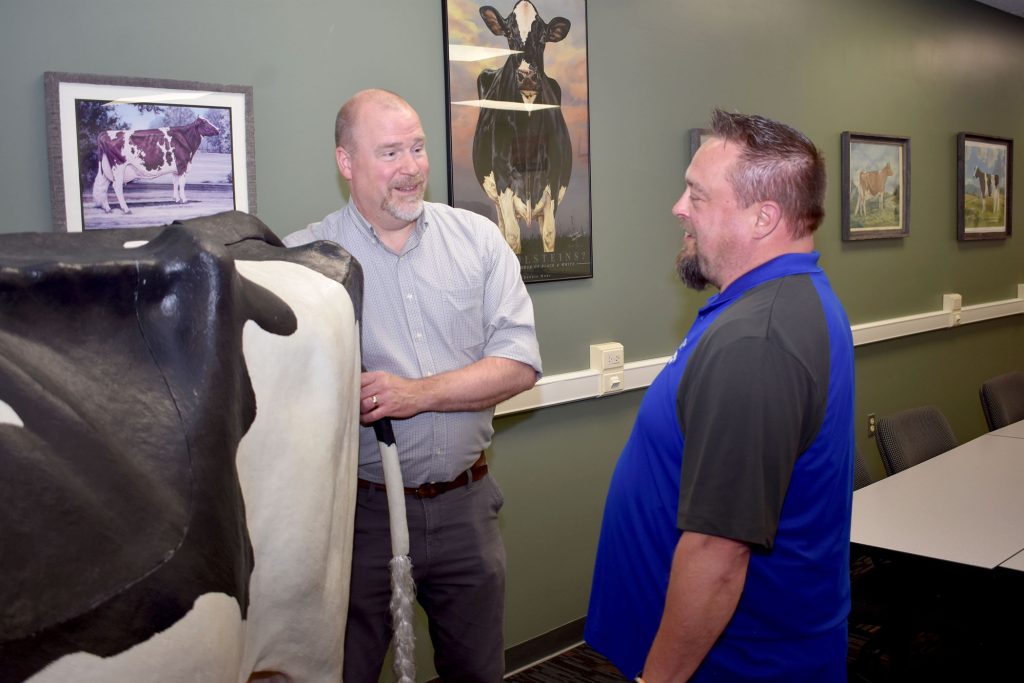
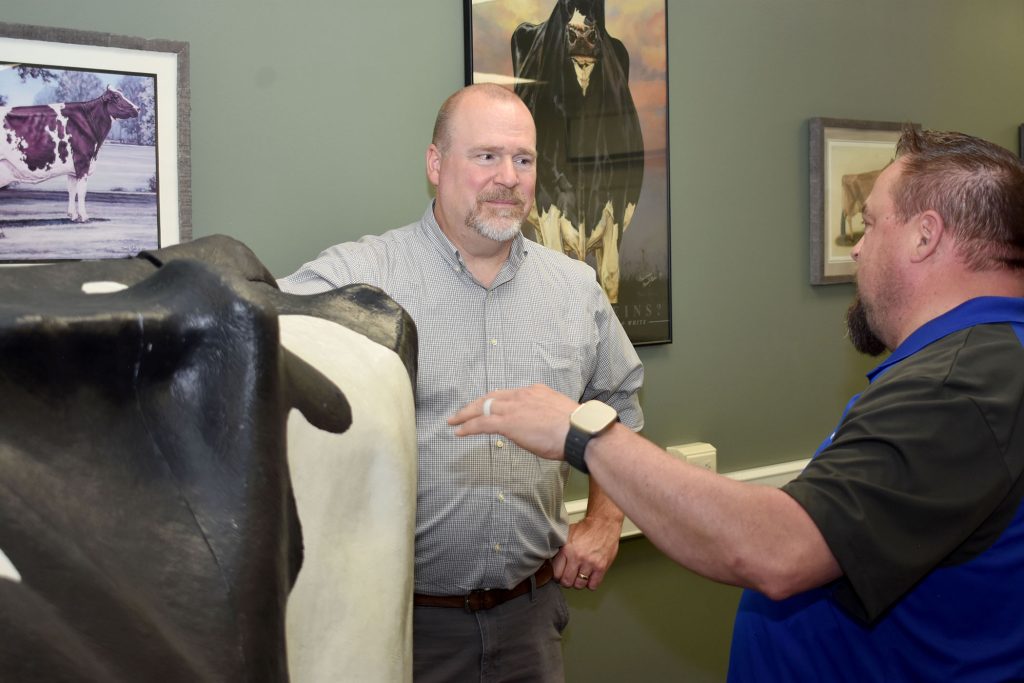
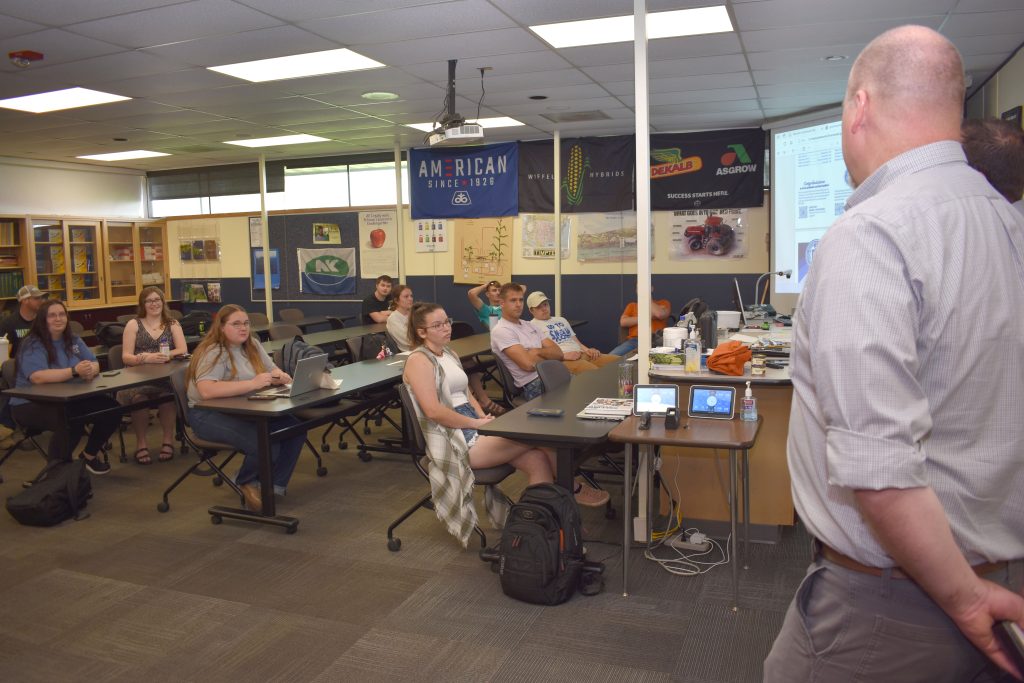
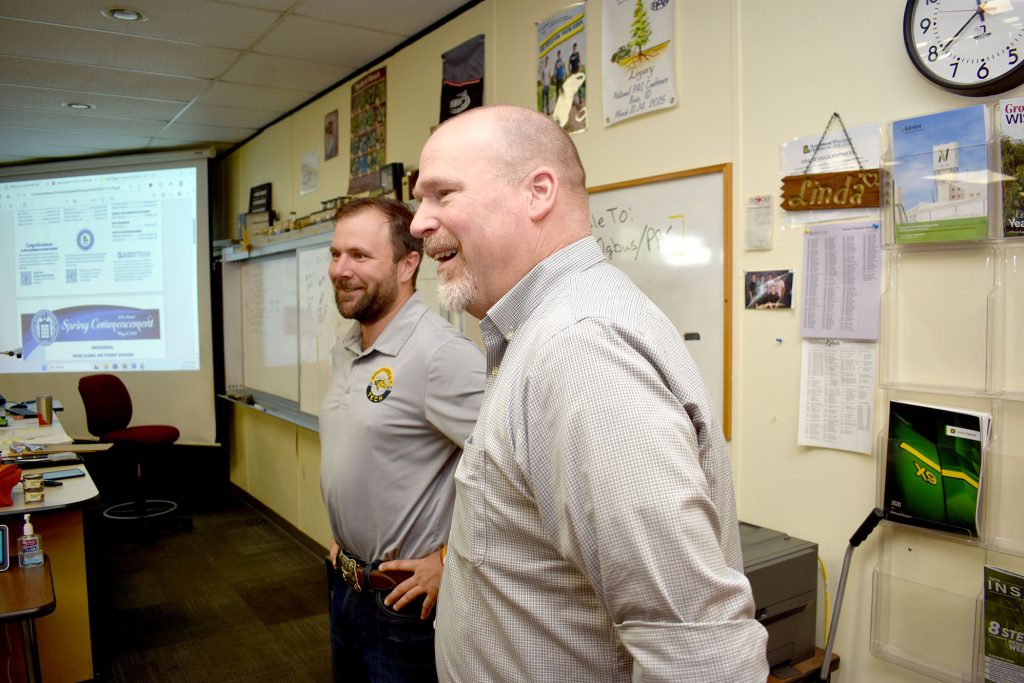
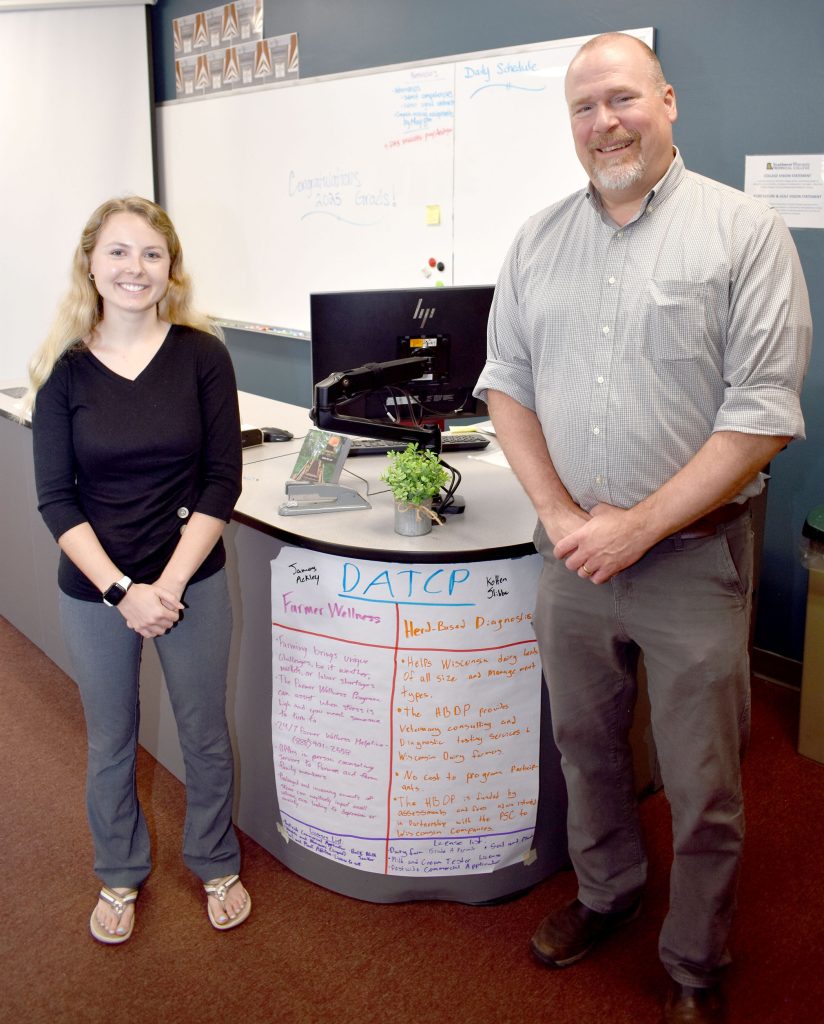
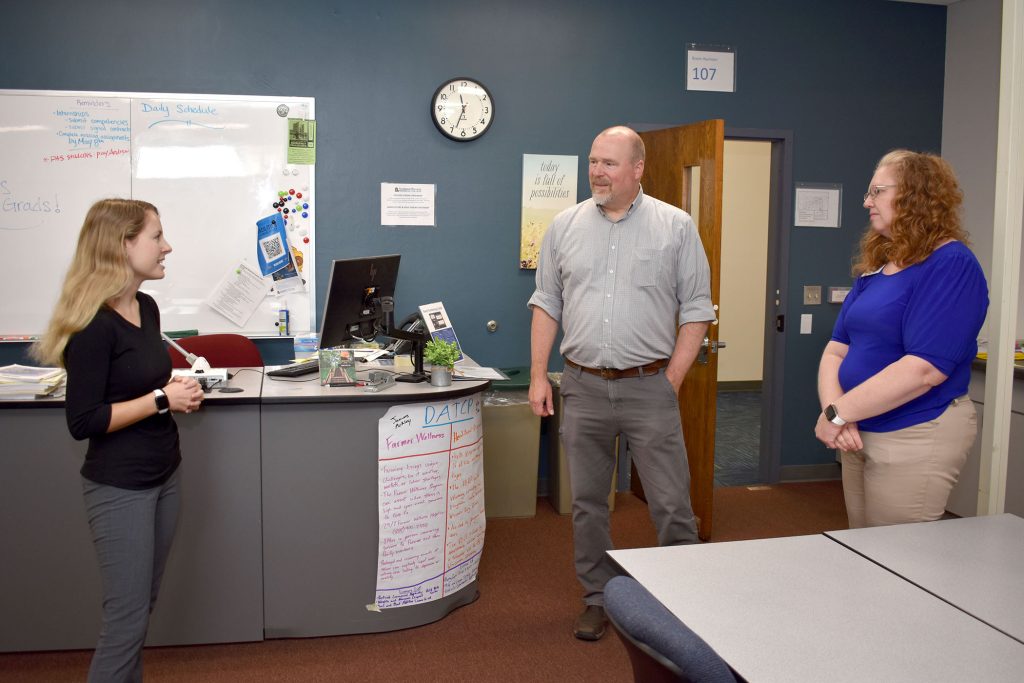
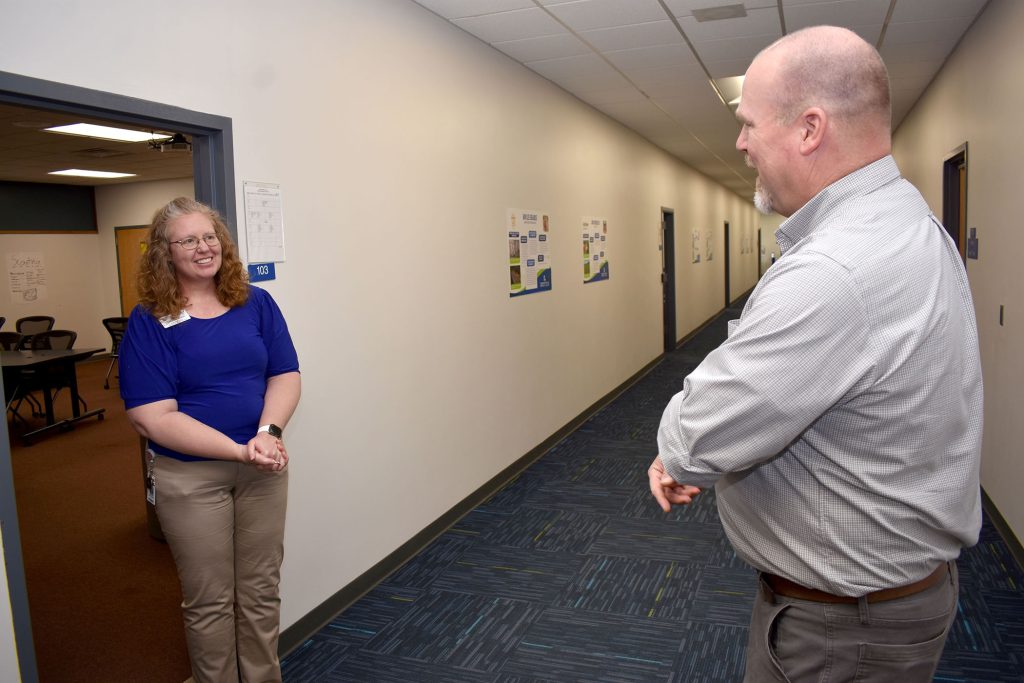
| Southwest Wisconsin Technical College is one of 16 institutions that comprise the Wisconsin Technical College System. The college was recently named the winner of the Aspen Prize for Community College Excellence. Southwest Tech offers more than 60 programs in a wide variety of disciplines. Courses are offered on campus, online, HyFlex and in a blended format. The college provides apprenticeship, certificate, technical diploma, and associate degree programs that respond to district workforce needs and prepare student for family-sustaining jobs and career advancement. |
